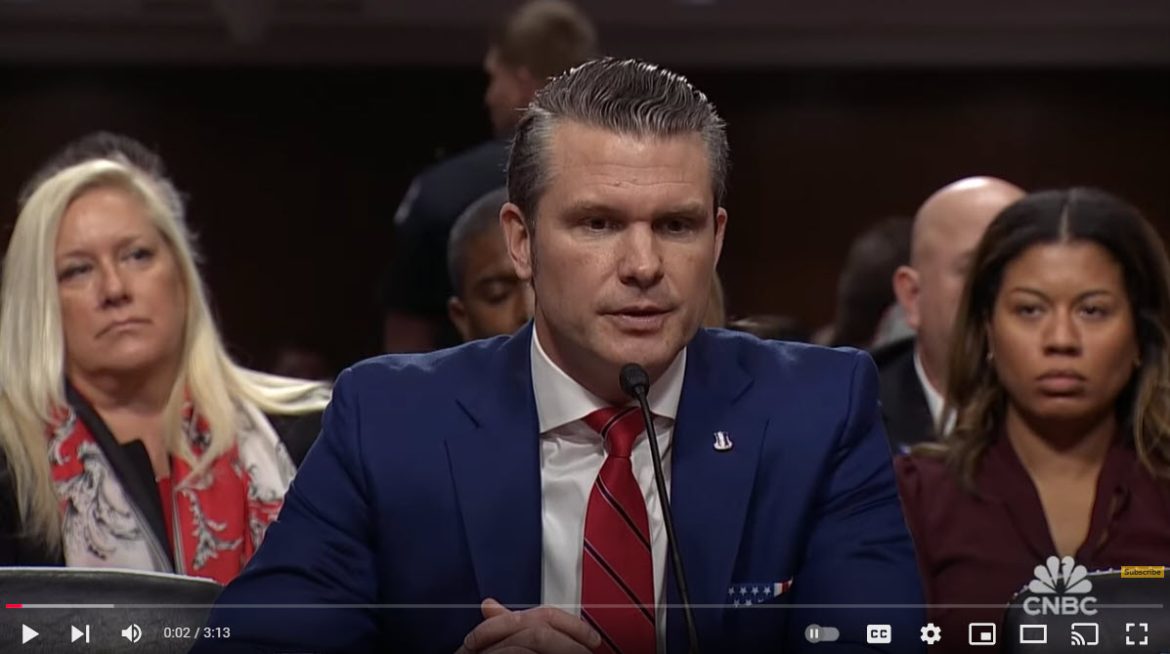The confirmation hearing for President-elect Donald Trump’s nominee for Secretary of Defense, Pete Hegseth, begins with fiery debates and controversies. Hegseth, an Army combat veteran and former Fox News host, opens the session by pledging to restore a “warrior culture” to the Pentagon. In his opening remarks, he states, “It’s time to give someone with dust on his boots the helm,” emphasizing his belief that military leadership should be grounded in direct experience on the battlefield.
The proceedings quickly take a contentious turn, with Democratic lawmakers raising serious allegations against Hegseth. Rhode Island Senator Jack Reed questions his qualifications, highlighting accusations of sexual assault, excessive drinking, and making racist and misogynistic remarks. Senator Kristen Gillibrand of New York critiques Hegseth’s past comments about female service members, accusing him of undermining their contributions to the military. Hegseth strongly denies the allegations, calling them a “smear campaign” orchestrated by anonymous sources and asserting his deep respect for all service members, including women.
The hearing is interrupted multiple times by protesters who criticize Hegseth’s nomination, citing his controversial statements and past behavior. Three individuals are escorted out of the chamber after shouting objections during Hegseth’s remarks. The disruptions underscore the polarized reaction to his nomination, both within the Senate and among the general public.
Hegseth’s supporters praise his military background and promise to implement reforms aimed at enhancing combat readiness and morale among U.S. forces. They argue that his experience as a soldier and media personality makes him uniquely positioned to connect with both troops and the American public. Critics, however, question his lack of prior Pentagon leadership experience and express concerns about his ability to address the complex challenges of modern defense strategy.
As the hearing unfolds, the divide between Republicans and Democrats grows increasingly evident. Republican lawmakers focus on Hegseth’s combat service and commitment to national security, while Democrats intensify their scrutiny of his character and past conduct. The confirmation process is expected to be a litmus test for the new administration’s approach to defense policy and its handling of polarizing nominees.
The Senate Armed Services Committee will continue to review Hegseth’s qualifications and responses to the allegations, with a final vote on his confirmation expected in the coming weeks. The outcome of this process will have significant implications for the Pentagon’s leadership and the direction of U.S. defense policy under the incoming administration.



